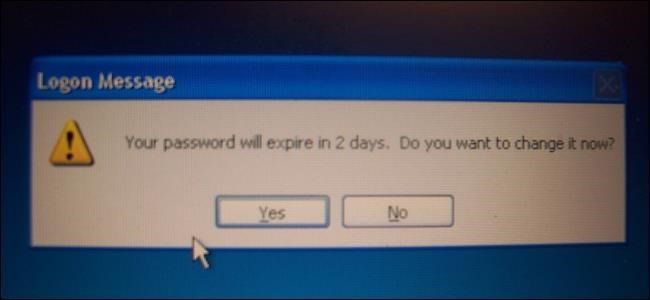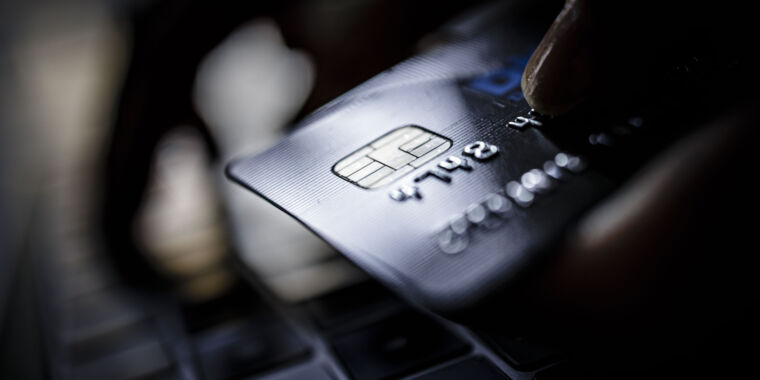- Joined
- Jul 2, 2022
- Messages
- 30
- Reaction score
- 11
- Points
- 8
So many times people lose passwords to sites, wifi, etc.
Why not just prevent the problem by easily FIGURING out your passwords every time you need them?
Side note of what I am talking about hoping it will make sense:
Ready for me to ruin your life? You cannot name ONE game that does not include (actual - not modern day ideas of) math.
Example: The game of CLUE...its all a bunch of random variables (people) mixed with more random variables (rooms) using a bunch of (weapon) variables that need to be sorted using logical (game) rules to categorize (logic) and eliminate (reasoning) unwanted variables!
So why do people love to PLAY the game of CLUE (well...you used to before the curtain was drawn back )? B/c we all KNOW it's a "game" instead of understanding it is actually a quite complex algebra problem acted out on a board using pure thinking abilities.
)? B/c we all KNOW it's a "game" instead of understanding it is actually a quite complex algebra problem acted out on a board using pure thinking abilities.
Math has been corrupted for decades by degrading it to be a memorization class...which is why people think it is hard.
So what has this to do with passwords?
Let's make a game (Shhhh...use algebraic thought!) to stop needing to memorize a list shall we? Let's make it EASY to figure out a passworde when we need it:
How? Make an algorithm (system of "fun" steps) when you make a password so you can re-figure t out for everyplace you need one.
For example, think, when you think, "what do I want to make my wifi password?"
Apply the following (example) "game" rules:
1. Eliminate spaces (no password places like to have spaces in the entered password) or replace them always with a symbol (such as ! b/c it is on the Number 1 key on a keyboard hence the first symbol to use))
2. Make all vowels into numbers: a, e, i, o and u get replaced with 1, 2, 3, 4 and 5 respectively.
So now we have: w3f3!p1ssw4rd
Easy to make...easy to remember HOW to make it, but it looks hard.
Not bad, but we can make it better with more game rules:
3. How about:
a. flipping it backwards? Or...
b. look for consonants in your name and replace them with the 2nd symbol on the keyboard (@). Or...
c. always swap the 1st two consnants with the last 2 : make w3f3!p1ssw4rd up and then think "swap end and start" d3f3!p1ssw4rw
And I did that last one by making it up as I went instead of looking back to type it.
There are so many variations to this game that you can make up yourself. Never forget a password again...figure them out.
The following was just:
1. Replace vowels with numbers,
2. Use ! for spaces,
3. flip the end and start characters.
The more you use it the easier it becomes. But make one up yourself.
I use just a simple trick on places when I don't care if someone would get into the site with my name. But with something important I use more simple to remember rules.
Why not just prevent the problem by easily FIGURING out your passwords every time you need them?
Side note of what I am talking about hoping it will make sense:
Ready for me to ruin your life? You cannot name ONE game that does not include (actual - not modern day ideas of) math.
Example: The game of CLUE...its all a bunch of random variables (people) mixed with more random variables (rooms) using a bunch of (weapon) variables that need to be sorted using logical (game) rules to categorize (logic) and eliminate (reasoning) unwanted variables!
So why do people love to PLAY the game of CLUE (well...you used to before the curtain was drawn back
Math has been corrupted for decades by degrading it to be a memorization class...which is why people think it is hard.
So what has this to do with passwords?
Let's make a game (Shhhh...use algebraic thought!) to stop needing to memorize a list shall we? Let's make it EASY to figure out a passworde when we need it:
How? Make an algorithm (system of "fun" steps) when you make a password so you can re-figure t out for everyplace you need one.
For example, think, when you think, "what do I want to make my wifi password?"
Apply the following (example) "game" rules:
1. Eliminate spaces (no password places like to have spaces in the entered password) or replace them always with a symbol (such as ! b/c it is on the Number 1 key on a keyboard hence the first symbol to use))
2. Make all vowels into numbers: a, e, i, o and u get replaced with 1, 2, 3, 4 and 5 respectively.
So now we have: w3f3!p1ssw4rd
Easy to make...easy to remember HOW to make it, but it looks hard.
Not bad, but we can make it better with more game rules:
3. How about:
a. flipping it backwards? Or...
b. look for consonants in your name and replace them with the 2nd symbol on the keyboard (@). Or...
c. always swap the 1st two consnants with the last 2 : make w3f3!p1ssw4rd up and then think "swap end and start" d3f3!p1ssw4rw
And I did that last one by making it up as I went instead of looking back to type it.
There are so many variations to this game that you can make up yourself. Never forget a password again...figure them out.
The following was just:
1. Replace vowels with numbers,
2. Use ! for spaces,
3. flip the end and start characters.
The more you use it the easier it becomes. But make one up yourself.
I use just a simple trick on places when I don't care if someone would get into the site with my name. But with something important I use more simple to remember rules.
Last edited:






